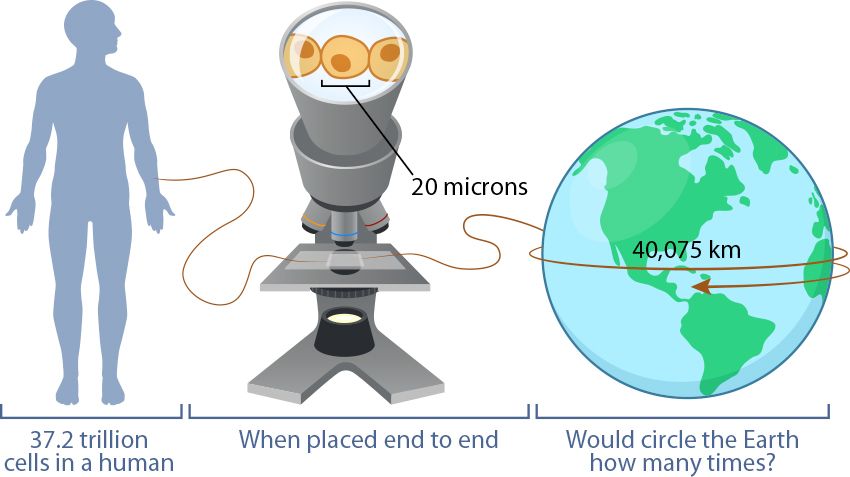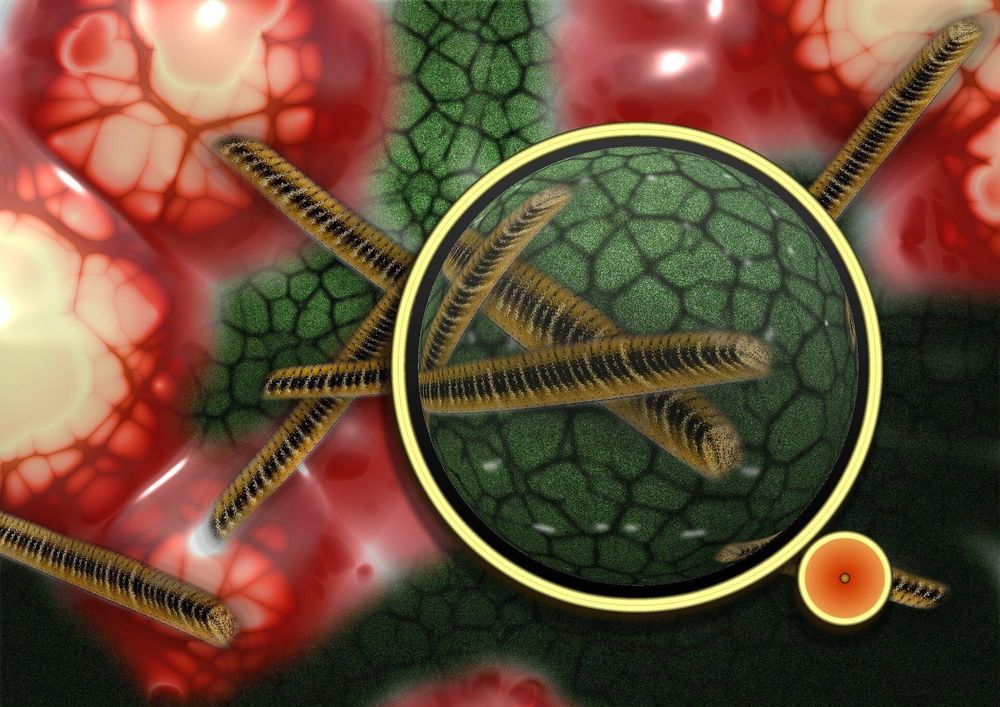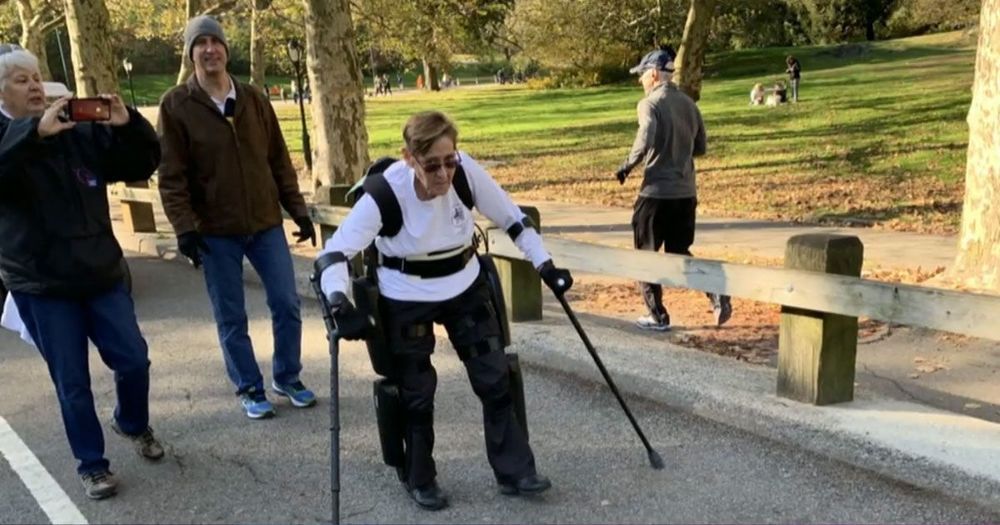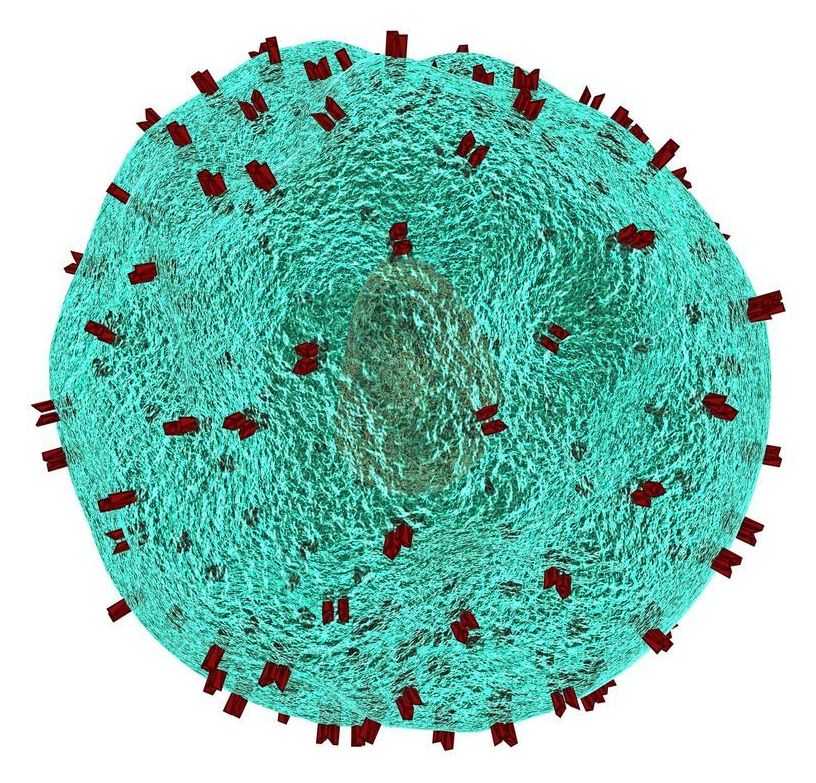Nov 13, 2019
Cocktail Of Drugs Gives First Hope That ‘Biological Age’ Can Be Reversed
Posted by Paul Battista in categories: biotech/medical, genetics, information science, life extension
What is needed as a cocktail is the Gerevivify Algorithms Serum Elixir. An Elixir that enters the body that then goes into battle fighting the infection that is aging. I search for strong-minded partners and investors to join me in the growth and development of the specially grown 13 ingredients that make up the powerful serum. Respect r.p.berry & AEWR https://gerevivify.blogspot.com/
“Fahy’s fascination with the thymus goes back to 1986, when he read a study in which scientists transplanted growth-hormone-secreting cells into rats, apparently rejuvenating their immune systems,” Nature reported. “He was surprised that no one seemed to have followed up on the result with a clinical trial. A decade later, at age 46, he treated himself for a month with growth hormone and DHEA, and found some regeneration of his own thymus.”
The thymus is located in the chest between the lungs and the breastbone and is crucial for efficient immune function. “White blood cells are produced in bone marrow and then mature inside the thymus, where they become specialized T-cells that help the body to fight infections and cancers,” Nature reported. “But the gland starts to shrink after puberty and increasingly becomes clogged with fat. Evidence from animal and some human studies shows that growth hormone stimulates regeneration of the thymus. But this hormone can also promote diabetes, so the trial included two widely used anti-diabetic drugs, dehydroepiandrosterone (DHEA) and metformin, in the treatment cocktail.”
Continue reading “Cocktail Of Drugs Gives First Hope That ‘Biological Age’ Can Be Reversed” »


















